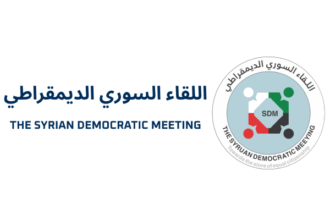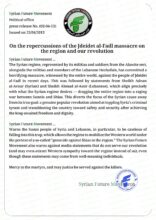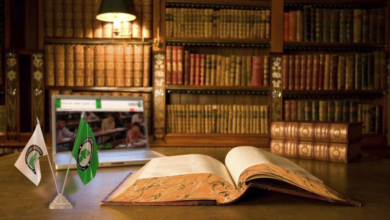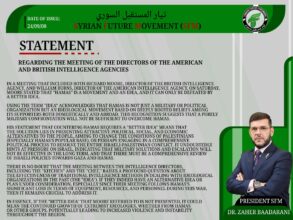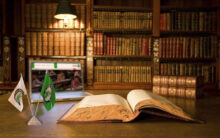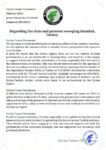October 7: A Lost Compass.
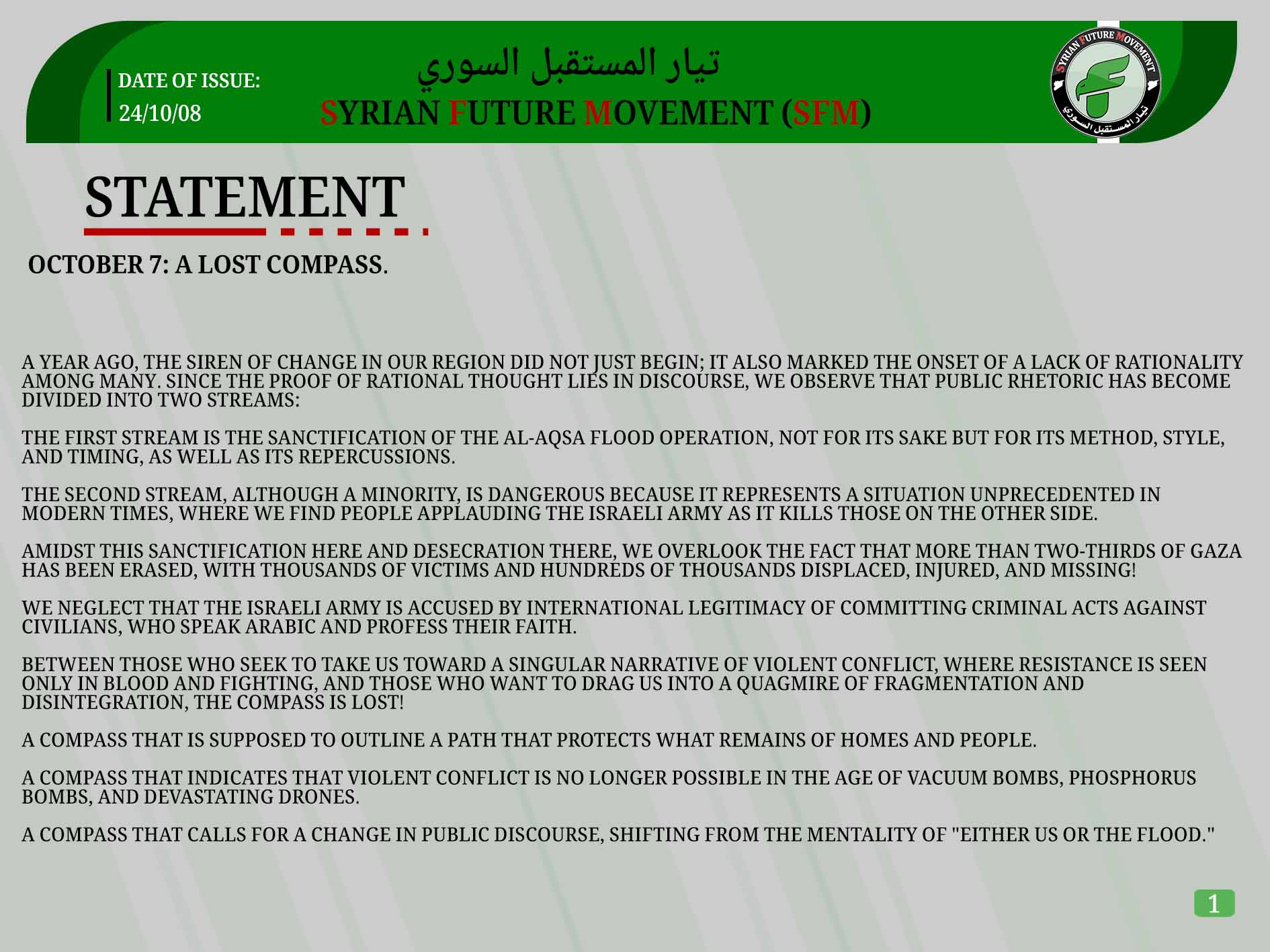
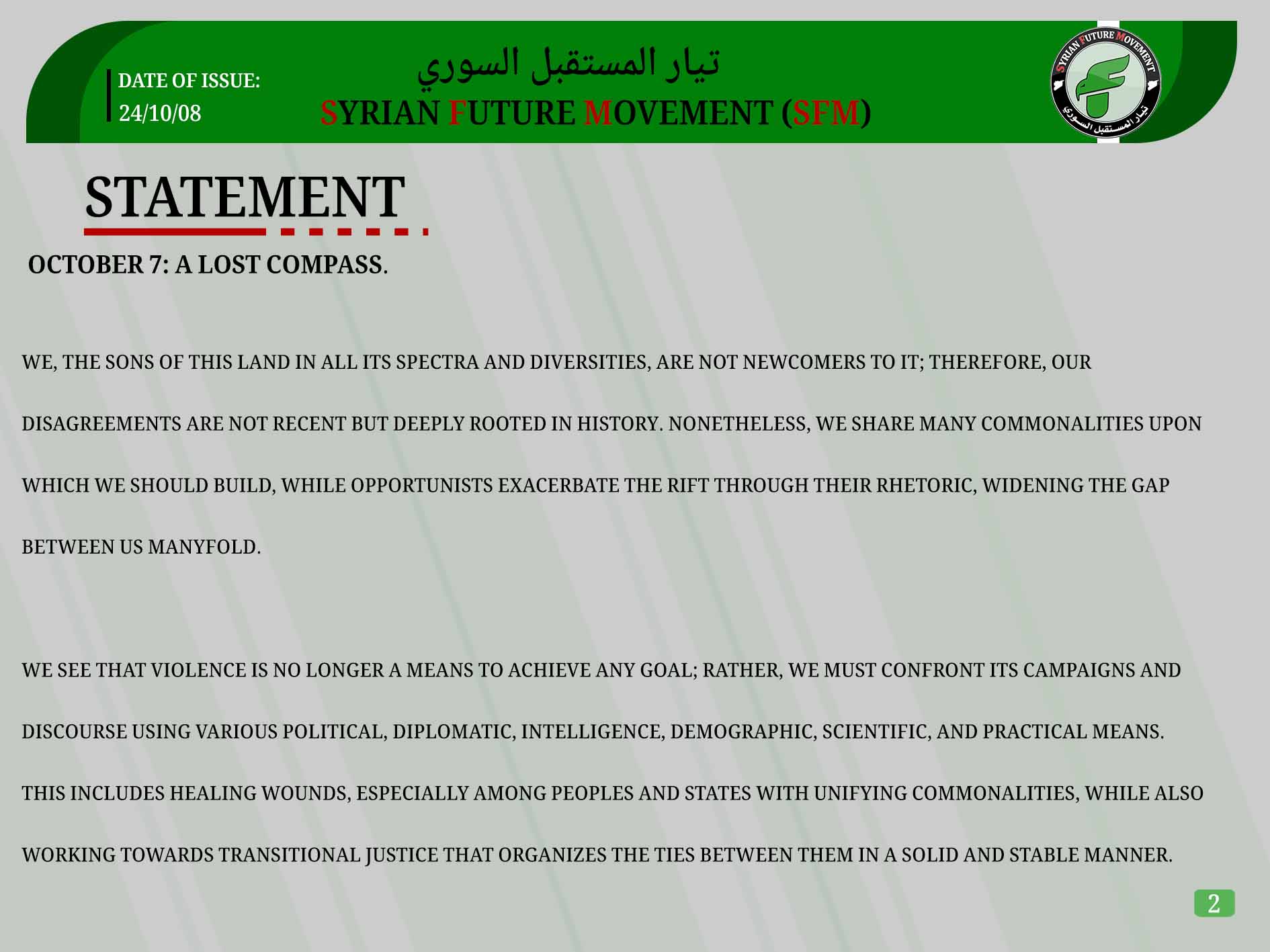
A year ago, the siren of change in our region did not just begin; it also marked the onset of a lack of rationality among many. Since the proof of rational thought lies in discourse, we observe that public rhetoric has become divided into two streams:
The first stream is the sanctification of the Al-Aqsa Flood operation, not for its sake but for its method, style, and timing, as well as its repercussions.
The second stream, although a minority, is dangerous because it represents a situation unprecedented in modern times, where we find people applauding the Israeli army as it kills those on the other side.
Amidst this sanctification here and desecration there, we overlook the fact that more than two-thirds of Gaza has been erased, with thousands of victims and hundreds of thousands displaced, injured, and missing!
We neglect that the Israeli army is accused by international legitimacy of committing criminal acts against civilians, who speak Arabic and profess their faith.
Between those who seek to take us toward a singular narrative of violent conflict, where resistance is seen only in blood and fighting, and those who want to drag us into a quagmire of fragmentation and disintegration, the compass is lost!
A compass that is supposed to outline a path that protects what remains of homes and people.
A compass that indicates that violent conflict is no longer possible in the age of vacuum bombs, phosphorus bombs, and devastating drones.
A compass that calls for a change in public discourse, shifting from the mentality of “either us or the flood.”
We, the sons of this land in all its spectra and diversities, are not newcomers to it; therefore, our disagreements are not recent but deeply rooted in history. Nonetheless, we share many commonalities upon which we should build, while opportunists exacerbate the rift through their rhetoric, widening the gap between us manyfold.
We see that violence is no longer a means to achieve any goal; rather, we must confront its campaigns and discourse using various political, diplomatic, intelligence, demographic, scientific, and practical means. This includes healing wounds, especially among peoples and states with unifying commonalities, while also working towards transitional justice that organizes the ties between them in a solid and stable manner.
